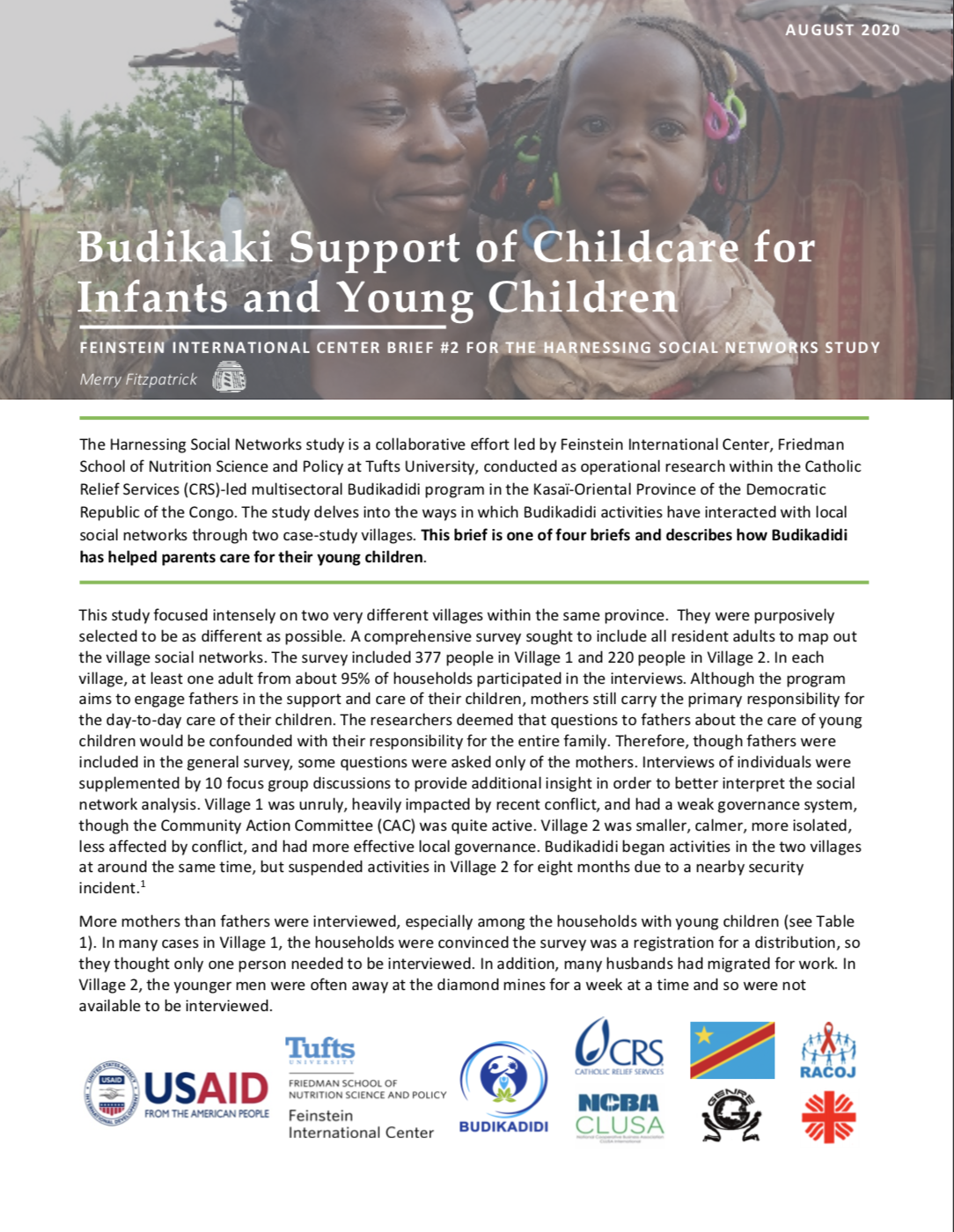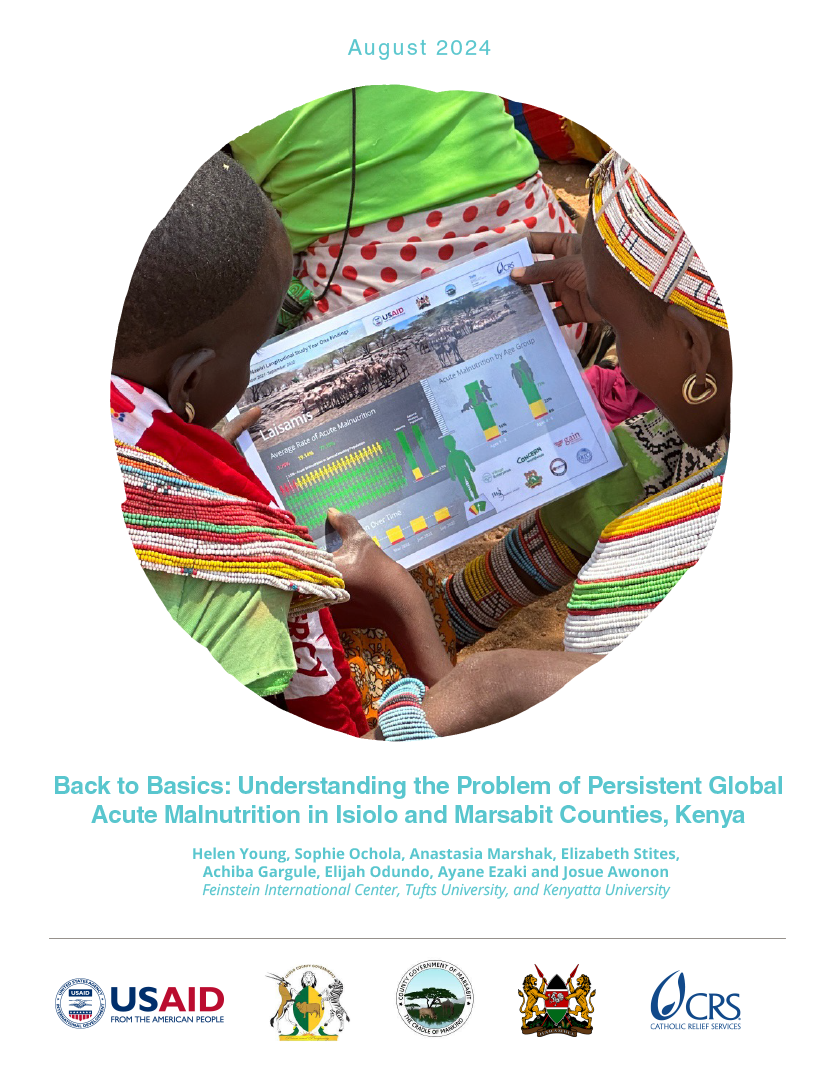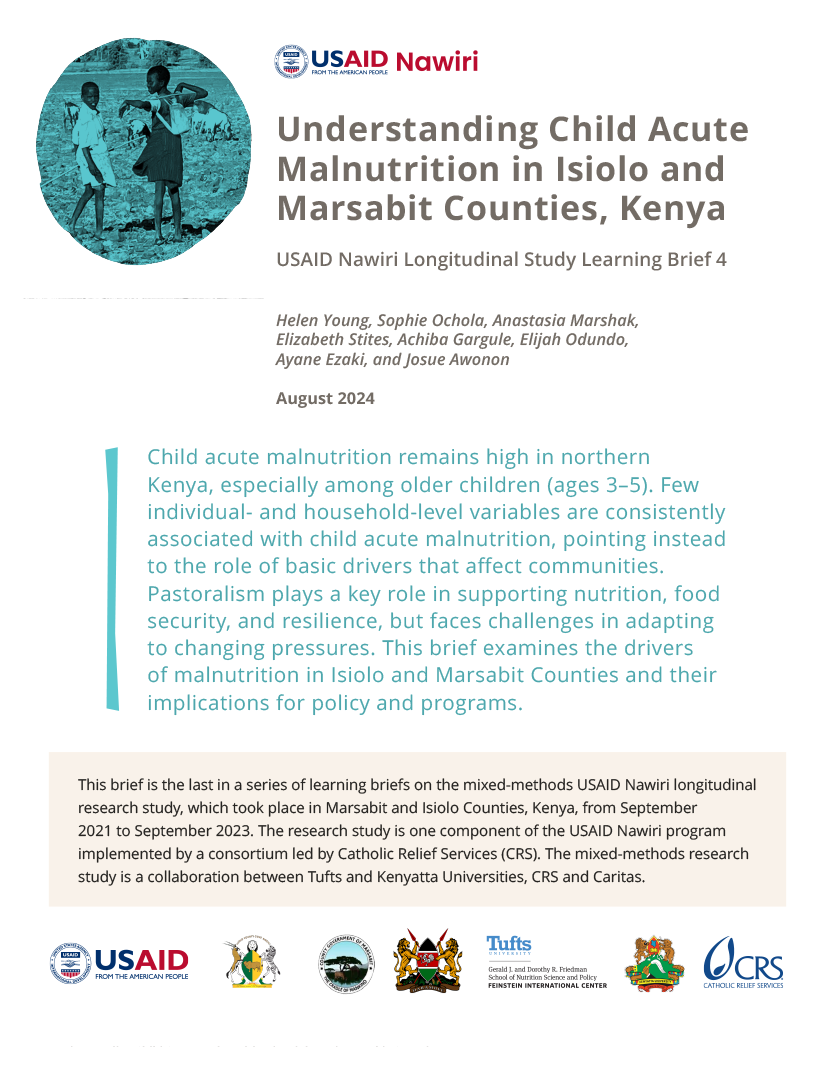A primary aim of Budikadidi is to improve the nutrition of children.Women in the Budikadidi communities were grouped into Neighbor Groups of 15 neighboring women, one of whom was designated a Lead Mother. Budikadidi organizes general livelihood activities through a variety of groups, but disseminates essential lessons on water, sanitation, hygiene, health, nutrition, and childcare through these Neighbor Groups. This second brief explores the role of Neighbor Groups and Lead Mothers in supporting parents to care for their children. Mothers said that livelihood activities provided the means to care for their children and to implement the lessons learned in the Neighbor Groups. In the village where the Lead Mothers were well respected and considered influential, the mothers found the program to be more helpful in raising healthy children than in the village where the Lead Mothers were less respected. Despite the success of the groups, many mothers reported that they still were not able to find childcare for toddlers when they had to work in the fields.
Budikadidi Support of Childcare for Infants and Young Children

ASSOCIATED PROJECT
SUBJECTS
PUBLICATION TYPE
LOCATION

RELATED PUBLICATIONS
This report outlines an anticipatory insurance product designed to support farmers in the drought-prone regions of Malawi and Zambia.
•
This report presents the final findings from the USAID Nawiri longitudinal study, which investigated the drivers of the persistently high rates of acute malnutrition from September 2021 to September 2023.
•
This learning brief examines the drivers of malnutrition in Isiolo and Marsabit Counties and their implications for policy and programs.
•






